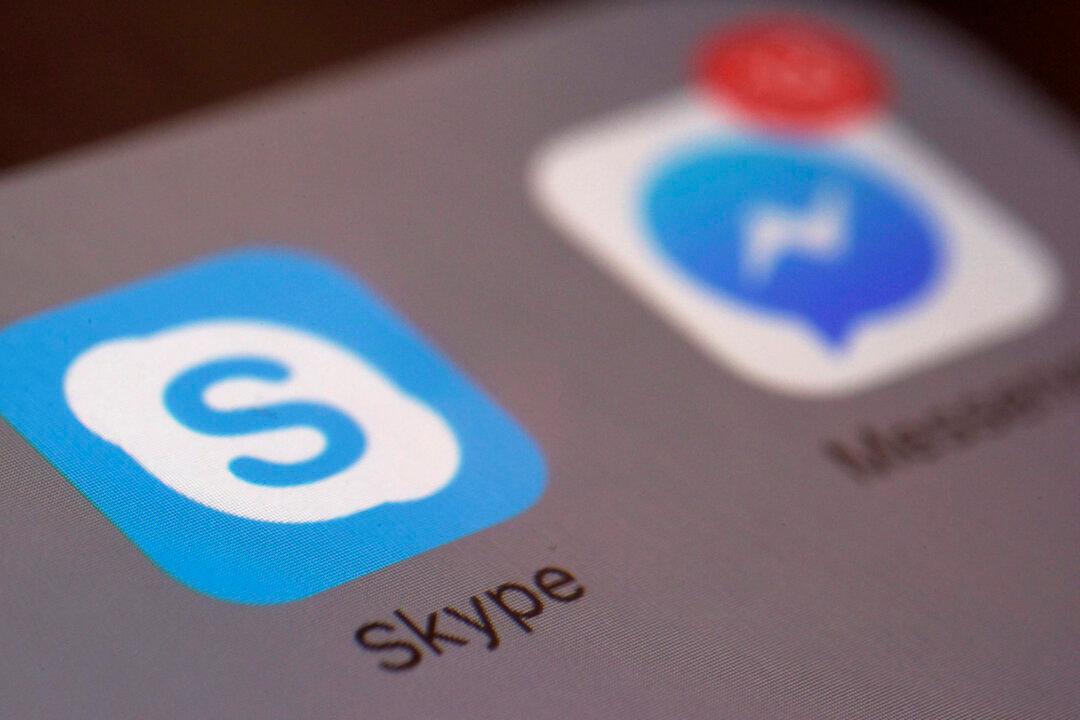The quirky ringer of Skype will no longer echo later this year as Microsoft announced this week it is retiring the two-decade-old video calling and communication platform.
Jeff Teper, president of Collaborative Apps and Platforms at Microsoft, announced in a statement on Feb. 28 that Skype will fully shut down on May 5. Users are being directed to Microsoft Teams, which the company describes as a more modern hub for communication and collaboration.





